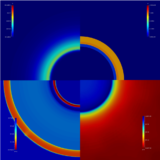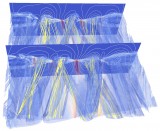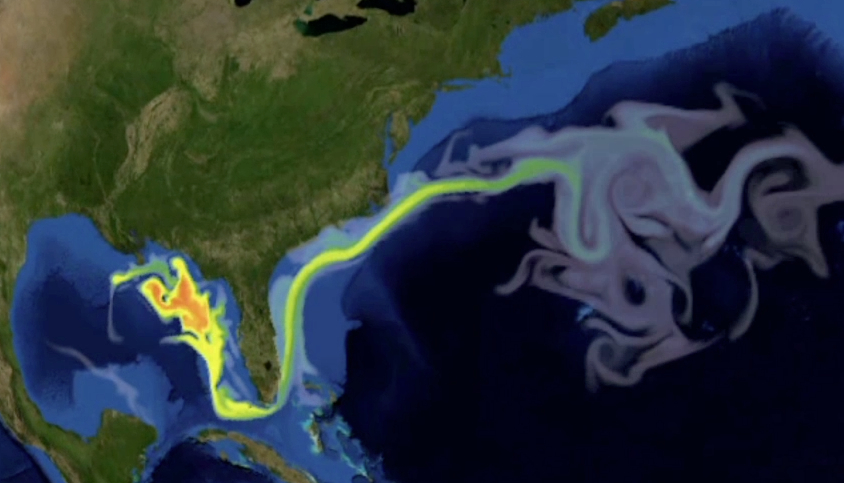A LANL statistician helps cosmologists and epidemiologists grasp their data and answer vital questions.
Los Alamos National Laboratory

Planet-friendly plastics
A Los Alamos team applies machine learning to find environmentally benign plastics.

Boxing in software
At Los Alamos, novel container software is accelerating innovative science while ensuring supercomputer reliability and uptime.

Scaling up metadata
A Los Alamos National Laboratory and Carnegie Mellon University exascale file system helps scientists sort through enormous amounts of records and data to accelerate discoveries.

Multiphysics models for the masses
Los Alamos tool lends user flexibility to ease use of stockpile-stewardship physics simulations.

Booting up Trinity
The unusual architecture in Los Alamos National Laboratory’s newest supercomputer is a step toward the exascale – systems around a hundred times more powerful than today’s best machines.

Bits of corruption
Los Alamos’ extensive study of HPC platforms finds silent data corruption in scientific computing – but not much.

Predicting solar assaults
When Earth’s magnetosphere snaps and crackles, power and communications technologies can break badly. Three-dimensional simulations of magnetic reconnection aim to forecast the space storms that disrupt and damage.

Enlightening predictions
Computer simulations of hurricane lightning could be the key to predicting and avoiding the storms’ real-world punch.

A long view of Gulf oil spill
While others predicted when oil from the Deepwater Horizon spill in the Gulf of Mexico might reach beaches, ocean modelers at Los Alamos National Laboratory and the National Center for Atmospheric Research asked when gushing oil might exit the Gulf, where it would go and how diluted it’d be, up to a year later.
Extending the stockpile’s lifespan
Just how does prolonged exposure to nuclear radiation change a material’s properties? How do those changes alter the way a weapon performs? A Los Alamos team quantifies these and other uncertainties.





